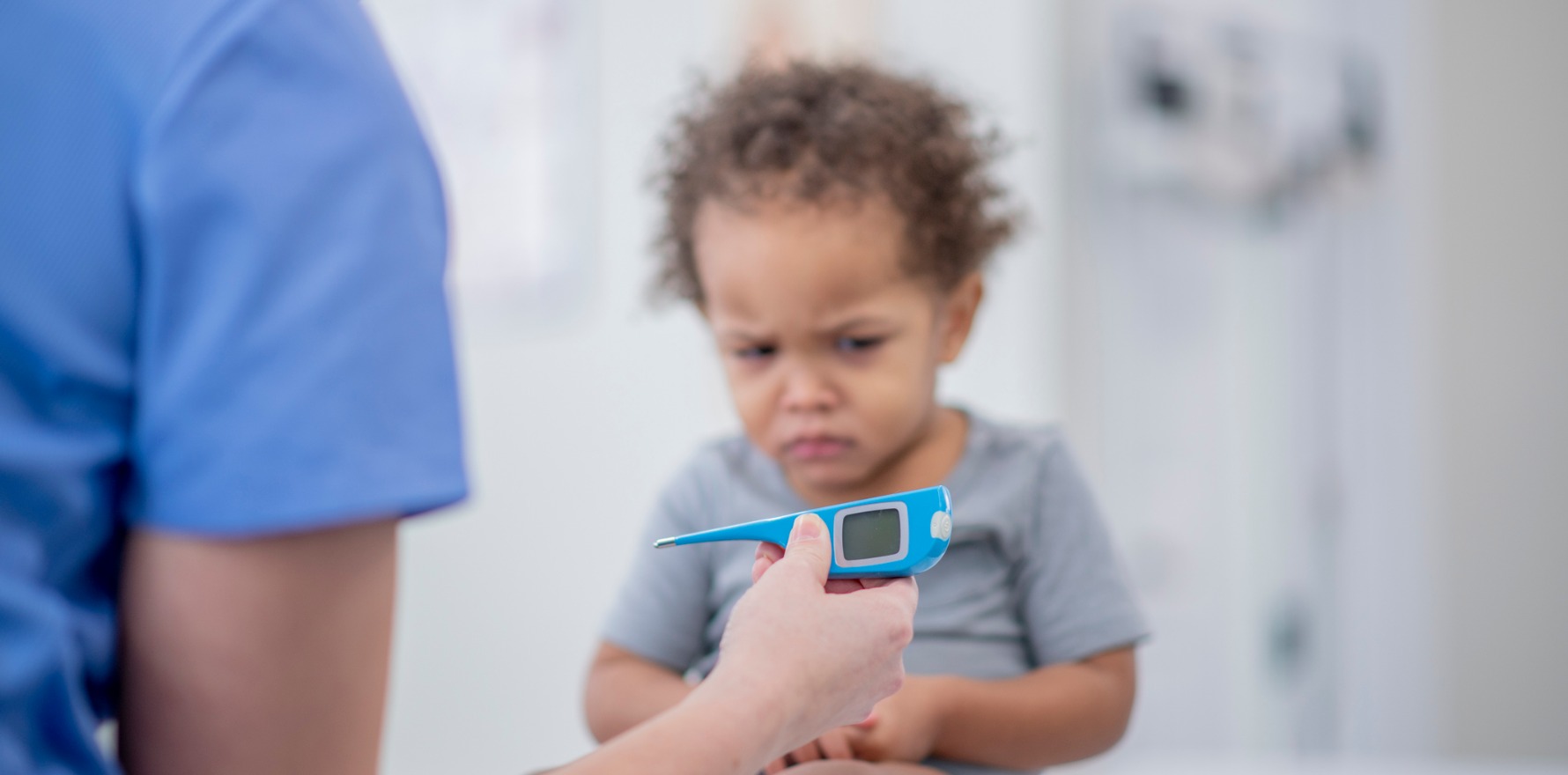A meta-analysis gives ibuprofen a slight edge as an antipyretic and allays safety fears.
So you are presented with a one-year-old who has a fever. What do you recommend? Paracetamol? Ibuprofen?
It’s very much a GP question and to date there has been somewhat conflicting evidence, for the under two years age group at least, as to which is medication is better in terms of fever control, pain relief and safety.
But now New Zealand researchers have conducted a systematic review and meta-analysis to answer that very question.
“Compared with [paracetamol], ibuprofen resulted in reduced temperature at less than four hours, and at four to 24 hours and less pain at four to 24 hours,” the researchers said after analysing the results of 19 studies involving almost 250,000 young children.
Interestingly, beyond 24 hours there was no difference between paracetamol and ibuprofen in controlling temperature.
And in terms of safety, there is little to distinguish between the two.
“[Paracetamol] and ibuprofen appeared to have similar serious adverse event profiles (odds ratio of 1.08)”, the study authors said in JAMA Network Open.
The safety profile of ibuprofen is of particular importance as a common reason given for not using this medication is younger children has been the belief that it may have toxic effects on the kidneys, particularly in cases where dehydration is a factor. The study allayed these concerns.
“We did not find any evidence to support this view,” they said.
Another issue with regard ibuprofen that has been raised in the past, has been that it might be associated with an increased risk of bacterial infection, but this question was not answered by the study. The researchers said the results were simply inconclusive, so large randomised controlled trials were needed.
Another aim of study – to determine the safety of ibuprofen in children under six months – was also not able to be determined as among the studies included in the meta-analysis there were too few that included patients in this age group. In addition, most of the studies included in the systematic review were relatively short-term making the detection of long-term adverse effects difficult to determine.
“There are limited data on younger infants and on longer-term adverse events”, they said.
So for very young children, it remains unclear at what age it is safe to give ibuprofen. This controversy is not helped by the fact different countries have different recommendations. Here in Australia, the Royal Children’s Hospital in Melbourne suggests ibuprofen can be given to children from three months. The New Zealand Formulary for children says ibuprofen can be safely given to children from one month of age. And in the US it is only recommended from six months.
Nonetheless, the finding that children treated with ibuprofen are more likely than those treated with paracetamol to be afebrile within four hours appears to have practical implications for GPs giving advice to concerned parents.
And given that previous studies have estimated that up to 95% of children have received paracetamol before the age of nine months, the likelihood that a GP will be asked advice about the most appropriate antipyretic and/or analgesic for a sick child remains pretty high, so we need to know the latest evidence.
This piece was originally published at Healthed.com.au.


